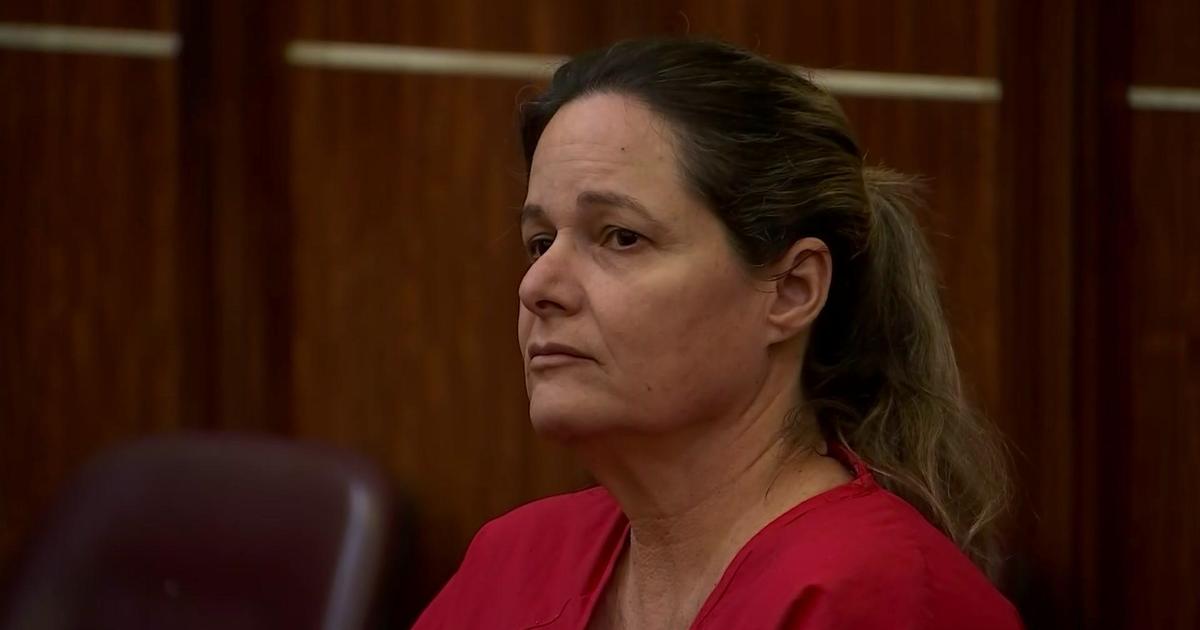Utilities Say Electric Bills Likely Headed Down
Follow CBSMIAMI.COM: Facebook | Twitter
TALLAHASSEE (NSF) – Millions of Floridians could find it a little cheaper to run the air conditioning in 2016.
The state's four major investor-owned utilities --- stretching from Miami to Pensacola --- say they expect residents' monthly electric bills to drop by a few bucks next year.
Regulators still need to finalize the numbers for Florida Power & Light, Duke Energy Florida, Tampa Electric and Gulf Power. But the utilities said this week that relatively low prices for natural gas and coal are helping hold down the costs of generating power. Low natural-gas prices are particularly important as utilities increasingly move away from dirtier-burning coal.
"We've worked very hard to manage our fuel mix to provide affordable, reliable electric service for our customers," Jeff Rogers, a spokesman for Pensacola-based Gulf Power, said in a prepared statement. "In the end it means lower electricity bills, and that's great news for Gulf Power customers."
Utilities released the monthly bill numbers as they filed projections of fuel costs and other expenses with the Florida Public Service Commission. Regulators will use the projections this fall in finalizing the amounts that will be passed along to customers in 2016.
As a benchmark, utilities offer bill estimates based on a residential customer who uses 1,000 kilowatt hours of electricity a month. While companies describe that as a typical or average customer, actual electricity usage can vary widely among residents. Also, bills for commercial customers are calculated differently.
Nevertheless, Florida Power & Light, the state's largest utility, will continue to have the lowest residential bills next year, according to the projections. An FPL customer who uses 1,000 kilowatt hours a month currently pays $96.72. That number is projected to drop to $93.24 in January before going to $94.86 in June as a new Port Everglades plant starts generating power.
Tampa Electric, which is expected to have the next-lowest residential bills, currently collects $108.47 a month for 1,000 kilowatt hours. That number will go up 45 cents in November as part of a 2013 rate settlement and then is projected to drop to $106.22 in January, according to the company.
Meanwhile, Duke Energy expects to see monthly bills for typical residential customers drop by slightly more than $4. Duke currently collects $121.59 from those 1,000-kilowatt hour customers and projects that the number will go to $117.41 early next year.
Gulf, which does business in eight Northwest Florida counties, said it expects typical residential customers to pay $135.58 a month in January, a drop of $3.71.
The News Service of Florida's Jim Saunders contributed to this report.



